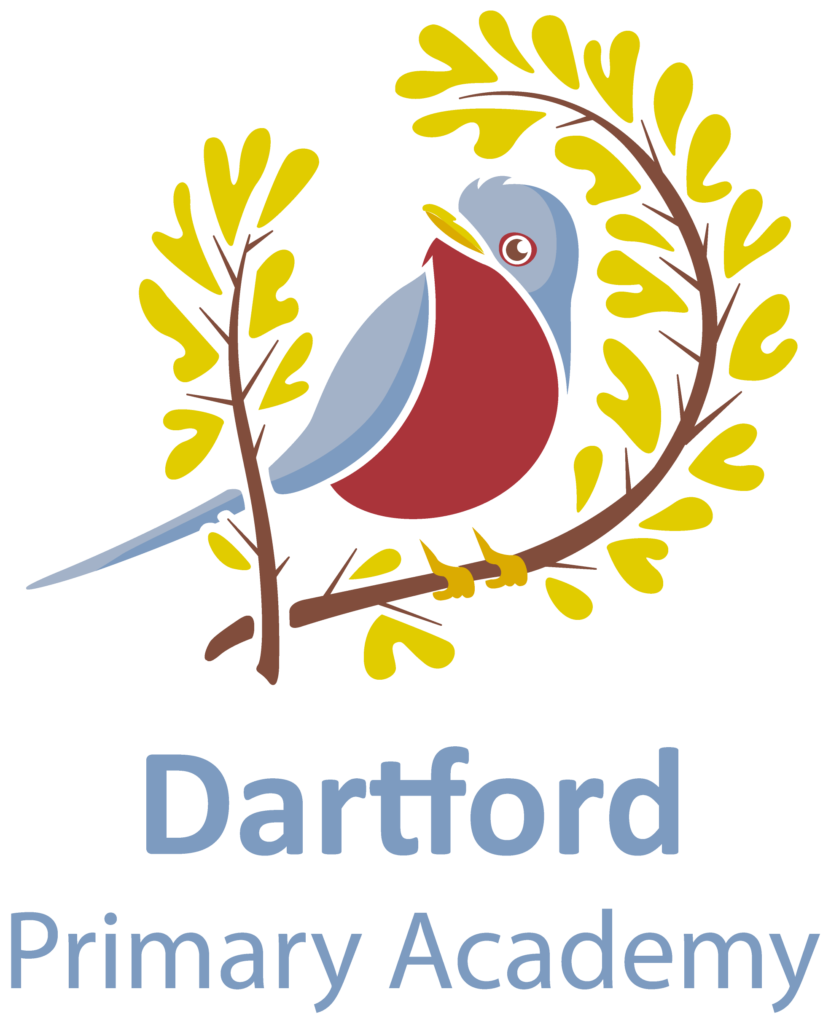The IB Learner Profile
The values of the IB Learner profile are embedded at Dartford Primary Academy through our practices, environment, and culture. Staff model positive values, allowing pupils to develop a common vocabulary and reflective practices through the IB values. Our ambition for all pupils to be determined, persistent achievers, aims to develop inquiring, knowledgeable and caring young people. The impact of such values is clearly seen through our pupils’ behaviour, creativity, and desire to participate actively in our community.
What is the IB Learner Profile?
The aim of the learner profile is to develop internationally minded citizens who, recognise their common humanity and shared guardianship of the planet, help to create a better and more peaceful world.
Through our curriculum design and teaching we explore every opportunity to embed the skills and attributes to be successful both in school and the world around us. By strengthening these core values and attributes we help develop your child for the next stage of their learning and also for the future world before them. Your child will be a responsible member of their local, national, and global community.
IB Learner values are taught through our structured assembly programme, allowing pupils the opportunity to explore and debate to strengthen their understanding. Our curriculum is linked closely to these values and planned across all year groups. All special events, led through our DPA inquiry days, promote the values of the IB Learner profile and allow pupils the opportunity to reflect on the values and their experiences.
Children also teach each other about the values through class assemblies to parents and pupil actions, whereby students take independent action based on their curriculum learning, to make a difference.
International Baccalaureate Learner Profile Values

Knowledgeable
I know about many things and I remember what I have learnt.

Caring
I care about people, plants and animals, and the earth. I help others and I look after the environment.

Thinkers
I think carefully and show good initiative. I make good decisions and I’m a problem solver.

Open-Minded
I listen to other people and respect their ideas

Communicators
I can share my ideas with others in many ways and in more than one language. I listen to others.

Balanced
I look after my mind and body. I try to stay healthy and happy.

Risk Takers
I have confidence to try new things. I stand up for the things I believe in.

Principled
I tell the truth and I’m fair. I share and play well with others.

Reflective
I think about my own work, I know when I have done well, and when I could have done better

Inquirers
I am curious and enjoy learning. I try to find out new things.
IB Transdisciplinary Themes
Every pupil in every year will work on six transdisciplinary themes, with the exception of EYFS practitioners who will deliver four. The themes are planned and delivered to ensure the national curriculum is taught vertically, horizontally and diagonally across the year in your child’s age appropriate subjects. The themes are:
- Who we are
- Where we are in place and time
- How we express ourselves
- How the world works
- How we organise ourselves
- Sharing the planet
Each year team will plan each theme to allow child agency and build opportunities for them to lead their learning in things that spark an interest. They have the ability to explore their subjects in depth as we seek to develop their inquiry skills and the ability to be reflective.
The concept is simple – an idea is chosen such as Romans. From that point we aim to teach the appropriate curriculum around the theme of Romans. Perhaps how to construct a fortress using maths and science, how Romans looked – using art to make shields or Roman togas, using food technology to explore a typical Roman diet, using maps and geography skills to track the explosion of the Roman empire etc.


